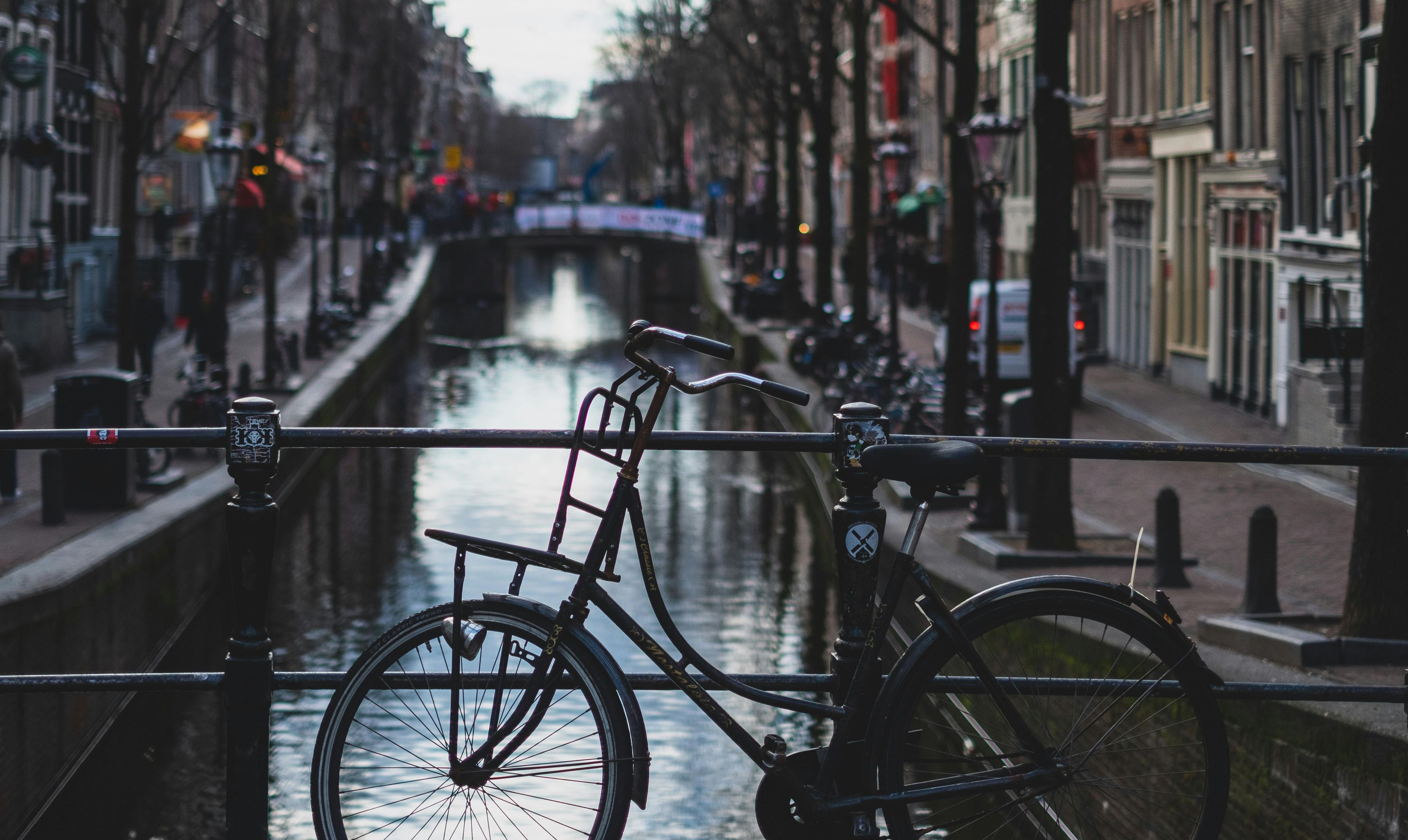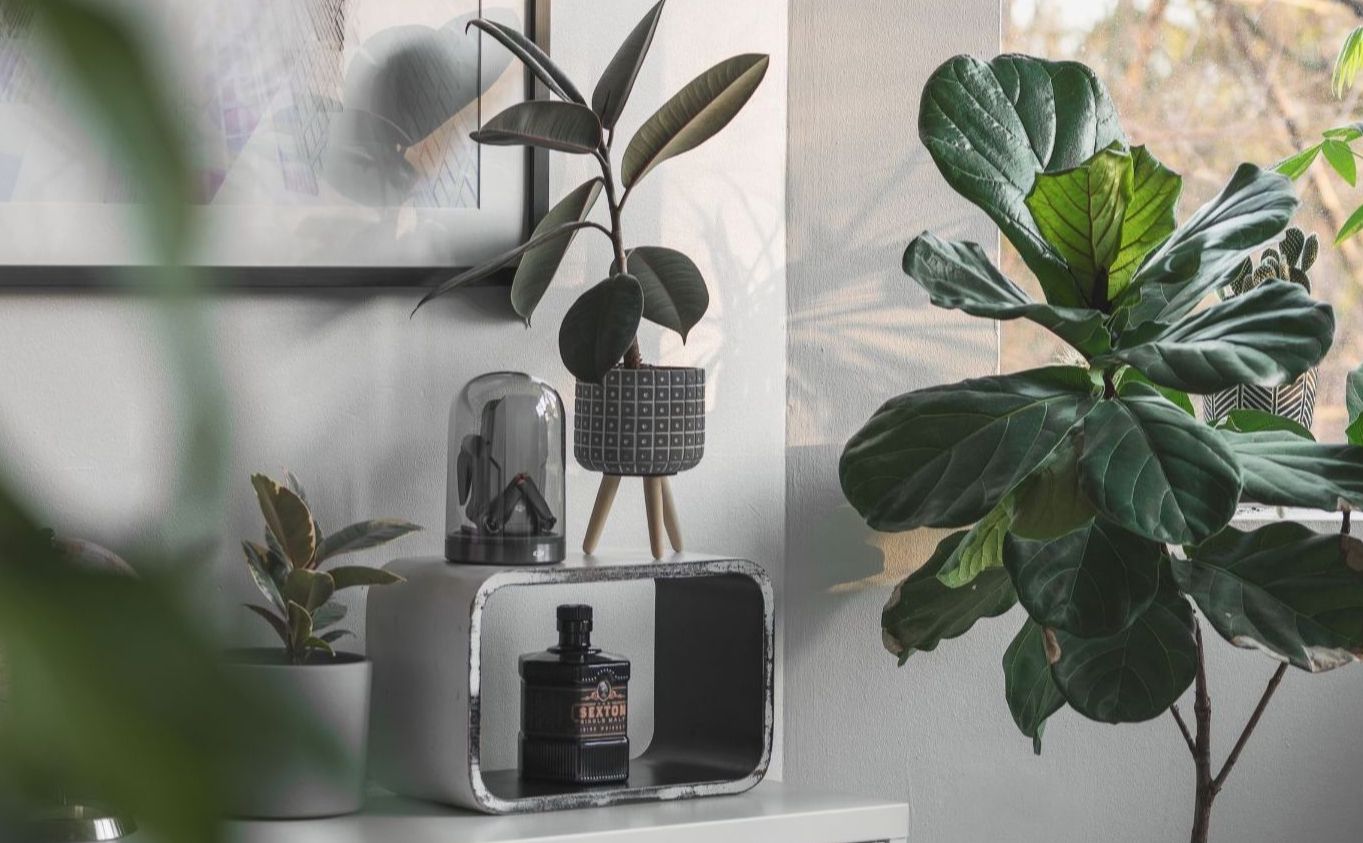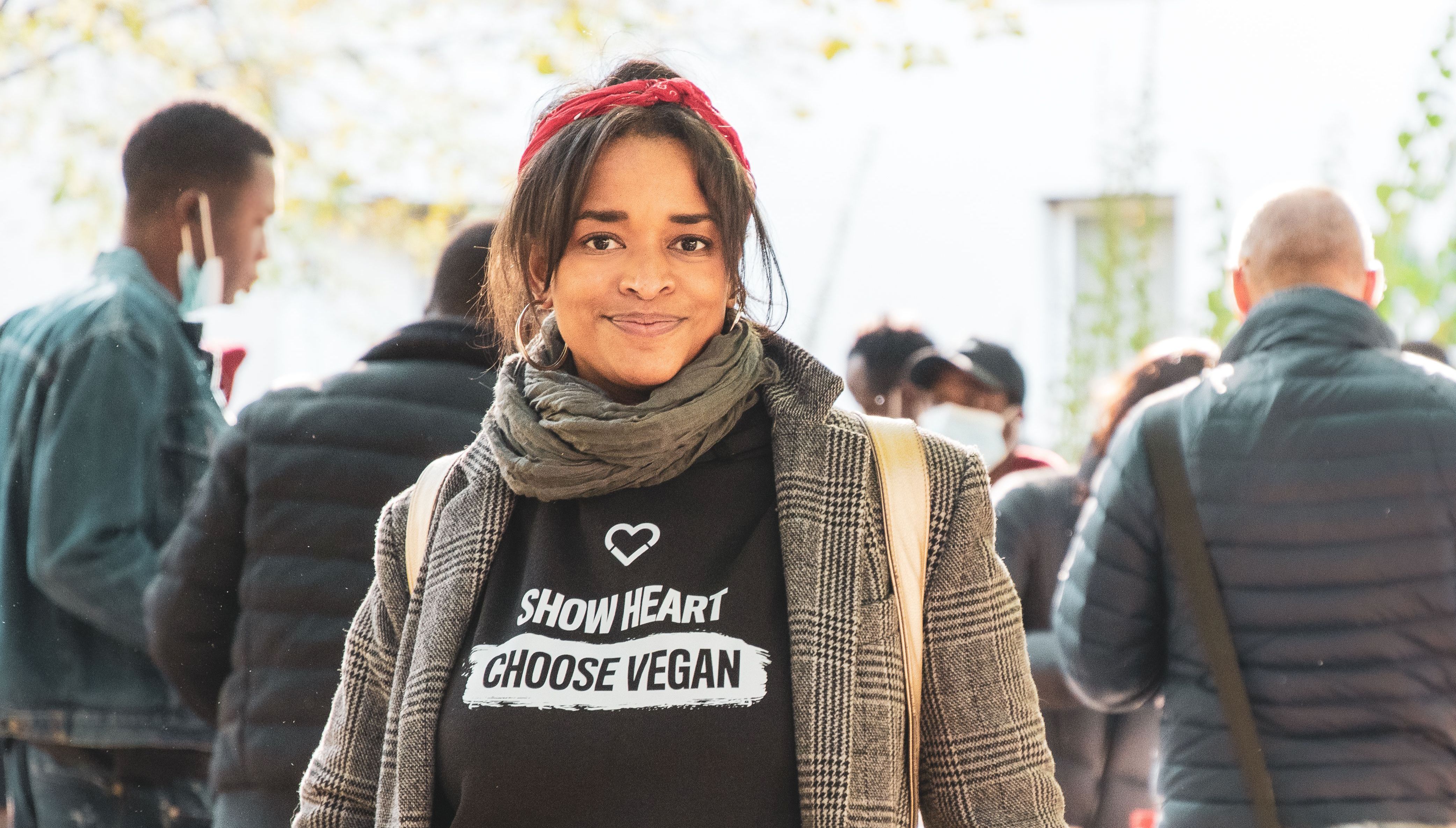
In recent months, several European countries have been trialling four-day workweeks, drawing renewed attention to the potential benefits of a more balanced work model. Beyond improving productivity, this approach also appears to positively impact sleep quality.
A study by MattressNextDay found that employees working four days a week, instead of the usual five, gain an extra hour of sleep each night. On average, Europeans get around seven hours of sleep per night, but factors such as work-life balance, air quality and daylight exposure can affect this.
Best and worst work-sleep balance across Europe
The study analysed data from 36 European countries, revealing the best and worst in work-sleep balance. The Netherlands emerged as a leader, while Turkey ranked among the lowest.
Austria and Norway: Balancing work, sleep and outdoor living
Austria, with its average 33.6-hour workweek, also boasts a strong work-sleep balance. Limited overtime, flexible hours and family-friendly policies all contribute to this. The vegan lifestyle, which promotes natural and whole-food choices, ties into the nation’s focus on health and well-being, supporting better sleep and an improved overall quality of life.
Norwegians benefit from a lifestyle immersed in the outdoors, known as Friluftsliv, or ‘free-air life’. This emphasis on outdoor activities, such as hiking and skiing, reduces stress, promotes better sleep, and boosts health—another link to the vegan movement, which prioritises eco-friendly living and an appreciation for nature.
Netherlands leads in sleep and satisfaction
 Harvey/Pexels
Harvey/Pexels
The Netherlands tops the list for work-sleep balance, with its citizens averaging eight hours and five minutes of sleep per night, according to a 2016 study. Dutch workers also benefit from one of the shortest workweeks in Europe, at an average of 32.2 hours. This, coupled with a strong work-life balance, has led to high job satisfaction and confidence. The Netherlands’ workplace culture reflects a commitment to employee well-being, an attitude that could easily extend to prioritising plant-based living, where a focus on sustainability and holistic health benefits aligns with broader life quality goals.
One habit that may contribute to this quality sleep is the Dutch practice of enjoying morning coffee outdoors, which helps regulate circadian rhythms and enhances productivity. As more people transition to plant-based diets, this mindful approach to daily routines can create a sense of harmony between personal health and environmental consciousness.
Countries struggling with work-sleep balance
Turkey, Serbia and Montenegro struggle with poor work-sleep balance, largely due to long working hours. In Turkey, the average workweek is 44.2 hours and the country has seen a rise in sleep disorders, exacerbated by economic instability and high inflation. Stress and disrupted sleep have a direct impact on well-being and productivity.
Read more Why I became vegan: 30 reasons from 30 people across Europe
Serbia and Montenegro face similar challenges, with extended work hours and cultural factors that make it difficult for employees to establish healthy work-life boundaries. In these countries, promoting employee wellness programmes, including plant-based nutrition, could help reduce stress and improve sleep quality.
What impacts good sleep?
Several factors contribute to better sleep, including the room environment, reducing technology use before bed and limiting caffeine and nicotine. While these are important, nutrition also plays a critical role. A plant-based diet rich in whole foods can improve sleep patterns by providing essential vitamins and minerals. Magnesium, found in leafy greens and nuts, is known to promote better sleep, while avoiding heavy, processed foods helps the body rest more efficiently.
Incorporating vegan principles into wellness routines can go beyond just improving sleep—it fosters an overall lifestyle that supports both individual health and environmental sustainability. Balancing work and sleep, like adopting a plant-based diet, is a step towards a more harmonious, healthier life.
If you enjoy our articles and want to read more of our content, check out how this restaurant in Carcavelos is shifting views on veganism. Perhaps take a look at Botox: A multi-billion industry—but is it vegan? Or explore Plant Blonde Café: From humble beginnings to vegan success.
sign up
for the vegclub newsletter.
Stay updated on all things vegan in Europe. Get exclusive articles, deals and giveaways delivered straight to your inbox. VegClub Magazine is the number one outlet in Europe and you will not want to miss our unique content.





